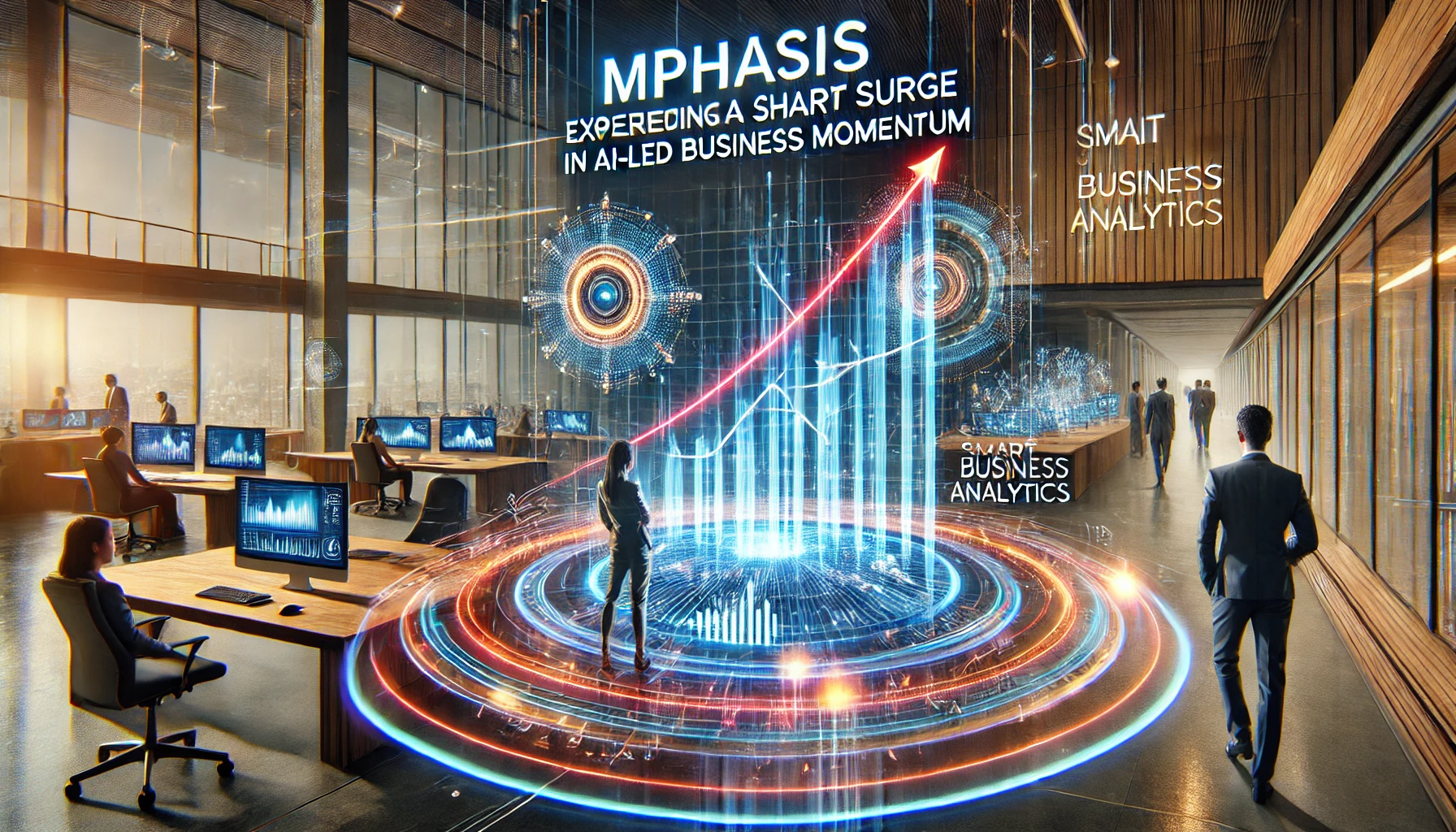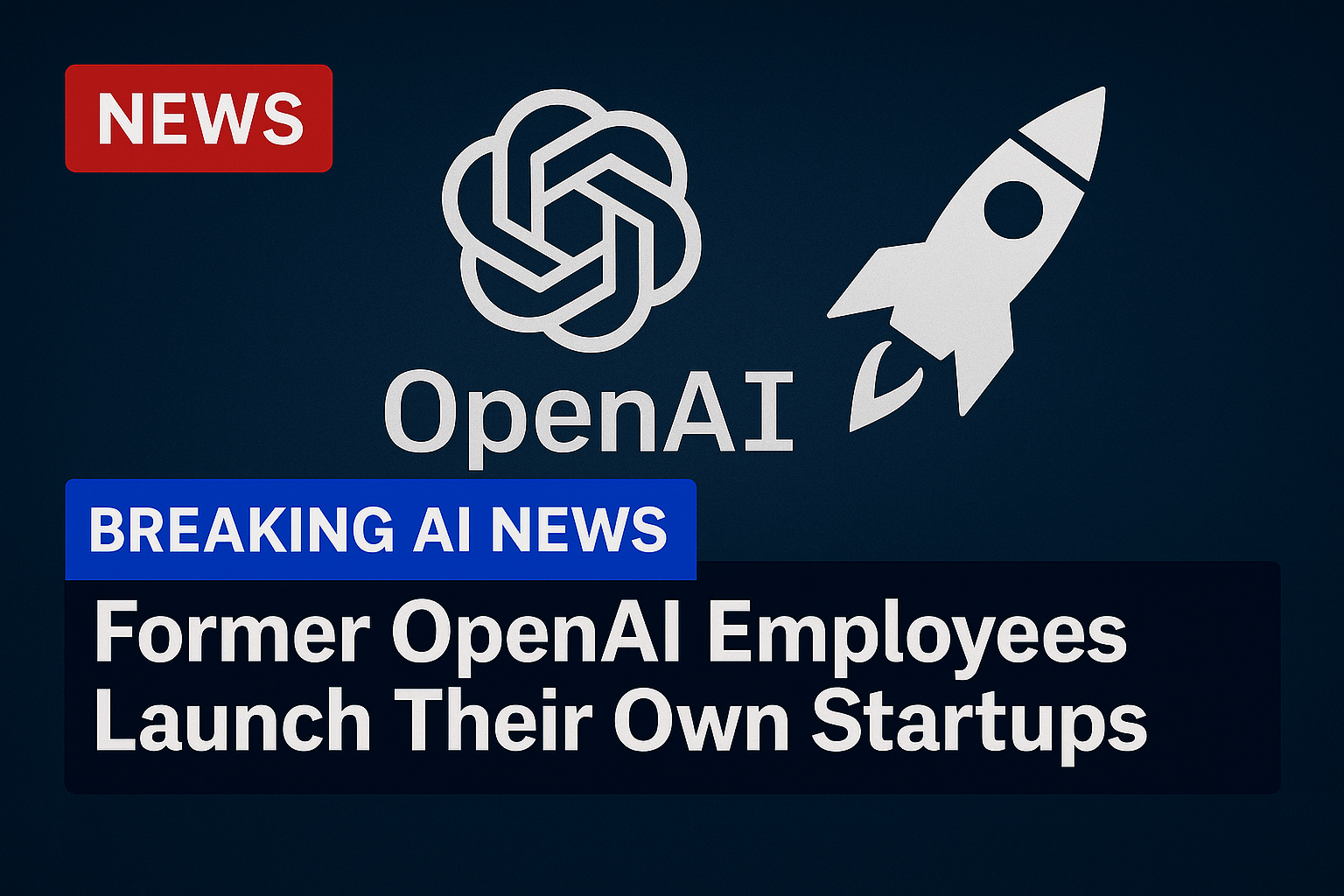Mphasis is seeing tangible business transformation from its artificial intelligence (AI) initiatives, reporting efficiency gains of 20-30% and a clear shift from a people-based services model to a technology-based one, MD & CEO Nitin Rakesh told FE.
He said these improvements are not only changing how the firm delivers services but are also fundamentally reshaping deal structures and client outcomes.
“From a contribution perspective, I think you can see efficiencies of 20-25%, 30% sometimes, and then you can use those to also help the client, let’s say do application modernisation,” Rakesh explained. “It gives us the ability to fundamentally change the narrative, move away from people-based services to tech-based solution and aligning to outcomes that clients are trying to drive for their businesses.”
The company has seen a sharp rise in AI-led business momentum. Just two quarters ago, only 30-35% of its deal wins were AI-driven. That number has now nearly than doubled to 65%.
“Two quarters ago, 35% of the pipeline was AI-led. Today, that number is 65%,” said Rakesh. “That basically means that either AI is embedded in it, or there’s an element of adoption, or we’re using AI to change something around efficiency or speed or quality of outcome.”
AI is also helping Mphasis unlock cost and time efficiencies that were not feasible earlier. “We are able to actually eliminate about 60% of the time to market concern…And of course, if you eliminate time and eliminate errors, you are going to actually see 30-40% cost elimination,” he said, referring to a client modernisation deal powered by the company’s AI platform NeoZeta.
In the March quarter, Mphasis reported sequential revenue growth of 4.5% at Rs 3,717.5 crore and a net profit of Rs 446.5 crore, up 4.4%. Operating margin remained flat quarter-on-quarter at 15.3%.
“We are pleased with a quarter of broad-based performance, reporting the highest q-o-q growth in 12 quarters, highest TCV wins in seven quarters and 86% y-o-y growth in pipeline,” said Rakesh.
The company secured new total contract value (TCV) wins worth $390 million in Q4, up from $351 million in Q3 in its direct business.
However, Rakesh acknowledged the growing concerns over proposed US tariffs, especially for sectors with direct exposure to global trade and supply chains.
“The impact is a little bit nuanced based on industry…for example, there are certain industries that are in the straight line of fire, like manufacturing, auto, metals, logistics, global trade, supply chains. Then there is a whole set of industries that are…second-order impact industries, like banks, insurance companies, healthcare companies,” he said.
“Given that 70-75% of our revenues…happens to be with industries that are second-order impact industries, so far, we haven’t seen a major shift, but…uncertainty creates the ability to, you know, delay decisions and defer, you know, large programs.”
He, however, said that if this goes on for another quarter or two there won’t be “any place to hide” with every industry, every enterprise getting impacted to a certain extent.
Despite the uncertainty, demand for strategic technology initiatives like AI remains strong. “One bank’s CEO said recently that just because there’s macro uncertainty doesn’t mean we will not continue to implement AI at the bank,” he added.
Source: https://www.financialexpress.com





